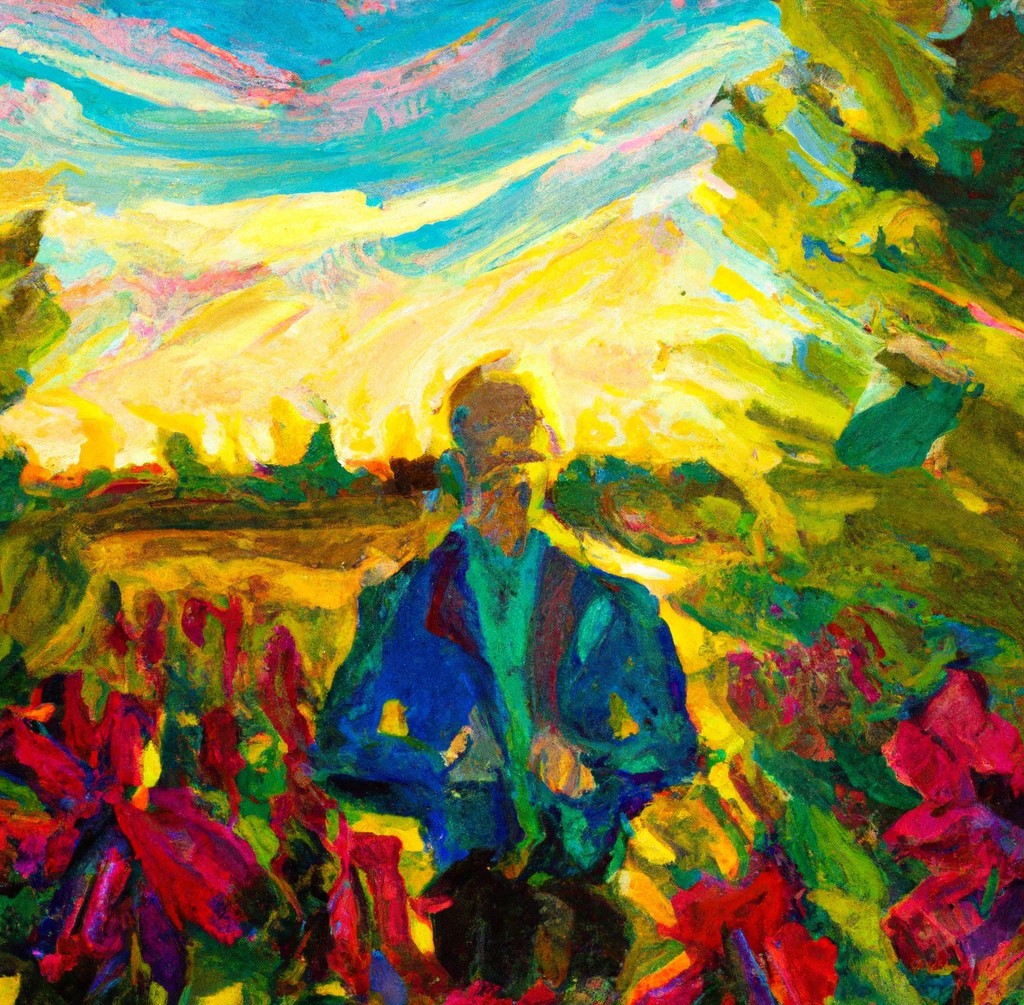Enjoying the Moment

Here’s a few musings that occurred to me as I read a particularly neat term recently:
antaŭĝoji
to look forward to (an-tou-JO-yee, “ou” as in “ouch”)
I do love a ŭ followed by a circumflexed letter; it really does make a pleasant squiggle, which here is then also complemented nicely by the double dots that follow across the i and j.
la meloj antaŭĝojis la kvietan nokton
the badgers looked forward to the quiet night
Our term’s main component is “ĝoji”, which means “to rejoice” or “to be glad/happy”, from the same origin as English “joy”. It appears here with the term “antaŭ” as a prefix, which otherwise when appearing alone and friendless, means simply “before” or “in front of”. It is often used as a prefix with a similar meaning to the English prefix “pre-“:
antaŭjuĝi = to prejudge | antaŭjuĝo = prejudice
from “juĝi” = “to judge”
So you might think of “antaŭ-ĝoji” as “pre-enjoying” (pre-joying, pre-happying). And that immediately gets me wondering what other prefixing mischief I can substitute in there for a giggle. How about:
postĝoji
to enjoy something having happened? post-enjoying? post-happying?
“Post” is the opposite of “antaŭ” – it means “after” (or “behind”). So the gladness is on the other side of the nice event – we’re no longer looking forward it, we’re looking backward to it.
mi lacege postĝojis la grandan manĝon
I exhaustedly enjoyed the large meal [already in my belly]
Perhaps like a kind of nostalgia or afterglow?
ili kune enlite postĝojis
together in bed, they enjoyed the afterglow
Though that’s its verb form, which I quite like, so it sounds cooler – more like “they afterglowed together”. We could use the noun form to render the English sentence more exactly, but then we’d have to use a verb like “enjoyed” or “felt” to convey the idea via the noun:
ili kune enlite ĝuis/ĝojis/sentis la postĝojon
Change the verbal ending to an “o” for the noun form, and don’t forget the “n” since it’s the direct object of the verb!
But we’ve skipped over the actual enjoyable bit, so how about we go back with:
nunĝoji = to enjoy the moment (enjoy the now)
from “nun” = “now”, literally, “to enjoy now”
Slap it in a sentence:
ĉesu tropensi kaj simple nunĝoju!
Stop overthinking and just enjoy the moment (the -u ending makes a verb into a command)

Well I think that’s pretty neat, ĉu ne?
And here’s a few bonus “antaŭ”-prefixed terms. When building words using antaŭ, if “pre-” doesn’t work as a translation in your mind, you could think of “fore-” or “beforehand” as alternatives:
antaŭscii
to know beforehand, pronounced: an-toust-SEE-ee
antaŭdiri
to foretell
antaŭafikso
prefix